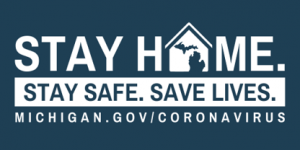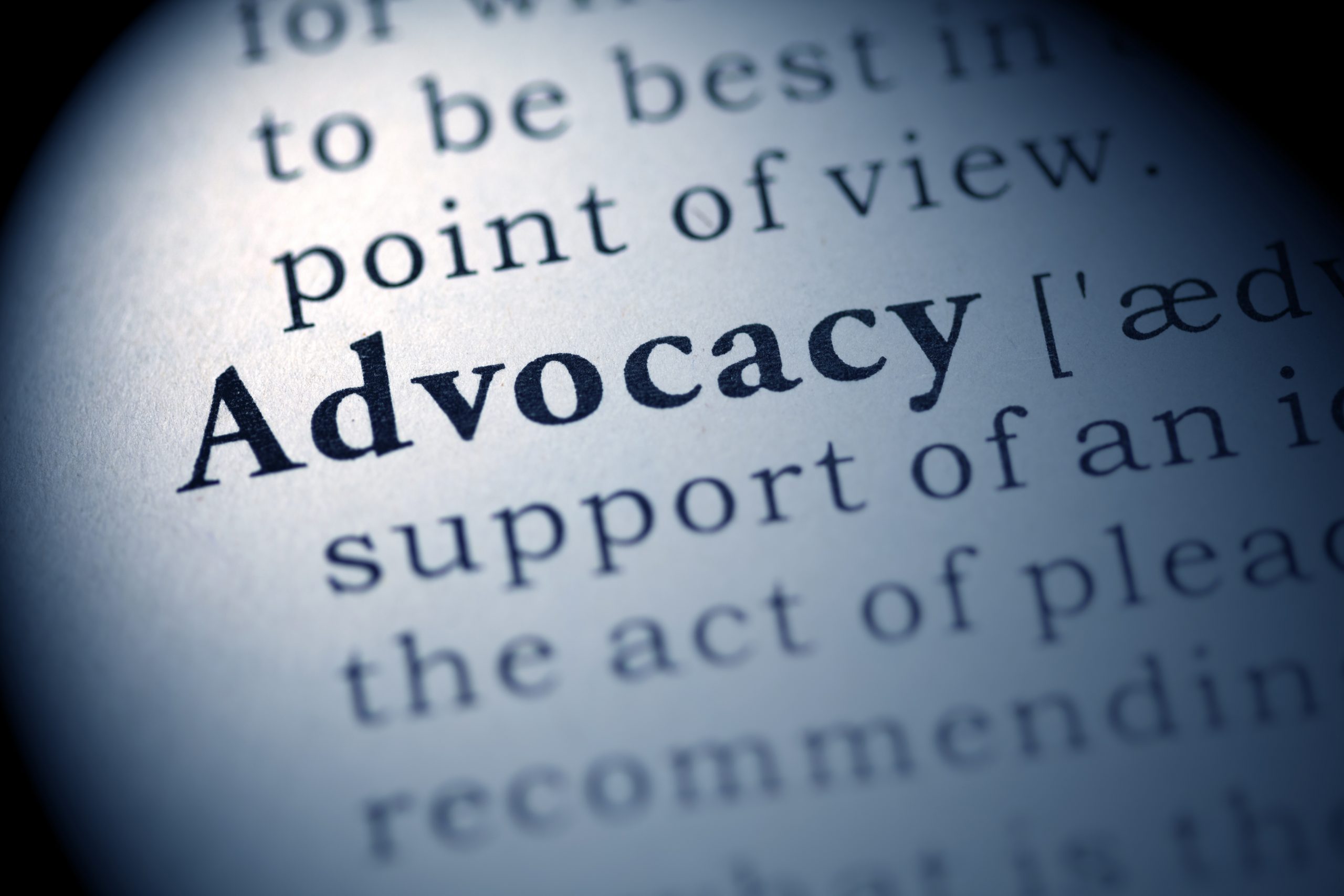On Thursday, May 7, Governor Gretchen Whitmer issued another revision to Michigan’s “Stay Home, Stay Safe” Executive Order, now order 2020-77.

Notable revisions in the May 7 order and also changes from the May 1 order include the addition of industries included under “resumed activities”:
- Starting May 7, 2020, workers in the construction industry, including workers in the building trades (plumbers, electricians, HVAC technicians, and similar workers), subject to the enhanced social-distancing rules described in section 11(i) of the order, are able to return to work.
- Also on May 7, 2020, workers in the real-estate industry, including agents, appraisers, brokers, inspectors, surveyors, and registers of deeds may return to work with the following limitations:
- Showings, inspections, and other actions listed in 10(h)(1) are performed by appointment and limited to no more than 4 people. Open houses are not permitted.
- Private showings may only be arranged for owner-occupied homes, vacant homes, vacant land, commercial property, and industrial property.
- Also on May 7, 2020, workers necessary to the manufacture of goods that support workplace modification to prevent the spread of COVID-19 infections.
- Starting May 11, workers necessary to perform manufacturing activities, subject to the workplace safeguards described in section 11(k) of the order. Manufacturing work may not commence until the facility has been prepared to follow the workplace safeguards described in section 11(k).
Except for workers who perform resumed activities (section 10), workers who are necessary to sustain or protect life (critical infrastructure workers), and those required to conduct minimum basic operations, this revised Executive Order maintains the suspension of in-person activities.
Businesses and operations must designate workers who perform resumed activities, are necessary to conduct minimum basic operations, or meet the criteria of critical infrastructure workers in writing via electronic message, public website, or other appropriate means. Some businesses and operations do not need to designate, as stated in section 5(a)(1) to (3).
Businesses and operations that are open for in-person work must take a number of precautions included under section 11, including developing a COVID-19 preparedness and response plan, consistent with recommendations in Guidance on Preparing Workplaces for COVID-19, developed by the Occupational Health and Safety Administration. Other measures include restricting the number of workers present on-premises to no more than is strictly necessary, keeping workers and patrons at least six feet apart, increased cleaning standards, policies to prevent workers from entering the premises if they display respiratory symptoms or have had contact with a person with a confirmed diagnosis of COVID-19, and more. Certain resumed businesses, such as lawn care, maintenance, construction, and manufacturing have additional requirements also listed under section 11.
Under section 15, all employers whose workers perform in-person work must provide at least non-medical grade face coverings to their employees. People must also wear coverings over their nose and mouth when they enter enclosed public spaces.
Stores open for in-person sales as allowed under section 9(f) or 10(C) (like retail stores that sell groceries, medical supplies, and products necessary to maintain the safety) maintain requirements seen in the previous order, including occupancy limits and more located under section 12.
Pharmacies & Food-Selling Establishments Additional Requirements
In addition to the “Stay Home, Stay Safe” order, pharmacies and food-selling establishments (grocery stores, convenience stores, restaurants that sell groceries or food available for takeout, and any other business that sells food) must also adhere to Executive Order 2020-71.
Notable requirements of the order include:
- Customers are who can medically tolerate a face covering must wear a covering over their nose and mouth when entering a pharmacy or food-selling establishment.
- Grocery stores and pharmacies must allocate at least two hours per week of shopping time for vulnerable populations.
- Pharmacies and food-selling establishments must implement strategies to reduce possible exposure of COVID-19 to their customers and employees.
The strategies outlined to reduce the spread of COVID-19 include requiring checkout employees to wear coverings over their noses and mouths, closing self-serve prepared food stations, prohibiting employees who are sick from reporting to work, and more as outlined in section 3.
The order also includes that food-selling establishments must notify vendors and other employees if an employee tests positive for COVID-19, with further details of that requirement in section 5.
Additionally, due to increased strain on Michigan’s food service industry, local health departments, and the Michigan Department of Agriculture and Rural Development, the order extends the deadline for certain forms of licensing and registration.
Additional Resources
Some additional resources that may be helpful are listed below:
- The most current “Stay Home, Stay Safe” Executive Order
- Food-selling establishments & pharmacies
- Guidance on Preparing Workplaces for COVID-19, developed by the Occupational Health and Safety Administration.
- Michigan Chamber COVID-19 Preparedness & Response Plan resource
- Further clarity for critical infrastructure workers is included in the U.S. Cybersecurity and Infrastructure Security Agency guidance (note the order does not adopt any subsequent guidance document released by this same agency)
- The State of Michigan FAQ page
- Guidance for business to determine who can perform in-person work
- The Attorney General’s website dedicated to coronavirus, including employee rights and employer obligations
Do you have further questions or feedback on this Executive Order? Please take our survey here so we may better assist you.
The contents of this web page are made available to you for informational purposes only and should not be construed as legal, financial, or medical advice on any matter. This material may not reflect the most current COVID-19 developments and is subject to revision. In no event will Traverse Connect be liable for any decisions made or action taken in relation upon the information provided through this document.




